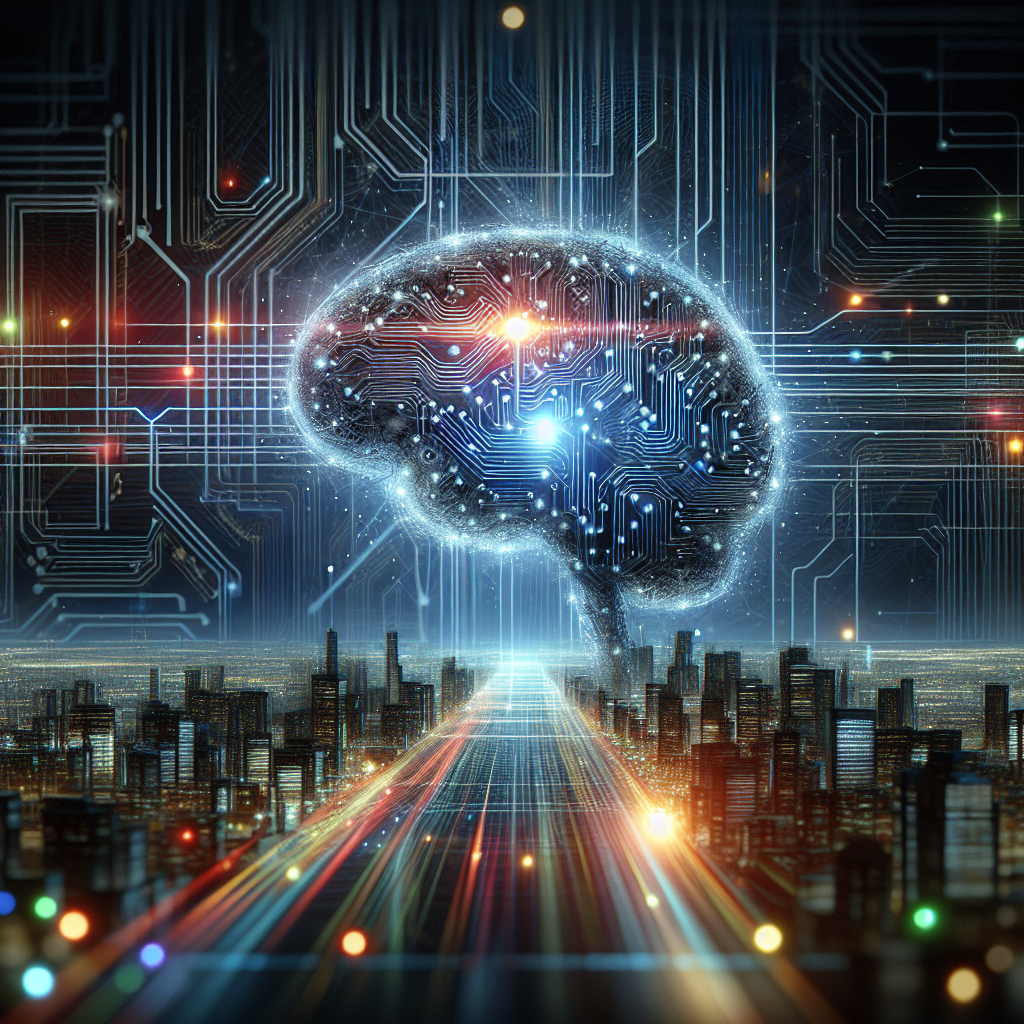The Rise of AGI: What You Need to Know About Artificial General Intelligence
Artificial General Intelligence, or AGI, is a term that is becoming increasingly common in discussions about the future of technology and humanity. AGI refers to a type of artificial intelligence that is capable of performing any intellectual task that a human being can. This differs from current forms of AI, which are typically designed to perform specific tasks or functions.
The concept of AGI has been the subject of much speculation and debate in recent years, with many experts predicting that the development of AGI could have profound implications for society and the way we live our lives. In this article, we will explore the rise of AGI, what it means for the future of technology, and what you need to know about this emerging field.
What is AGI?
Artificial General Intelligence, or AGI, is a type of artificial intelligence that is capable of performing any intellectual task that a human being can. This includes tasks such as reasoning, problem-solving, learning, and understanding natural language. AGI is often seen as the ultimate goal of artificial intelligence research, as it represents the ability to create machines that are truly intelligent and capable of thinking and acting like humans.
AGI differs from current forms of AI, which are typically designed to perform specific tasks or functions. For example, a self-driving car is a form of AI that is designed to navigate roads and traffic, while a virtual assistant like Siri or Alexa is designed to understand and respond to voice commands. These systems are considered narrow AI, as they are limited to specific tasks and do not possess general intelligence.
The development of AGI has long been a goal of artificial intelligence researchers, but progress in this area has been slow and challenging. Creating a machine that can match or exceed human intelligence is a complex and difficult task, requiring advances in a wide range of fields, including computer science, neuroscience, and cognitive psychology.
Why is AGI Important?
The development of AGI has the potential to revolutionize many aspects of society and the economy. AGI could enable machines to perform a wide range of tasks that are currently beyond the capabilities of existing AI systems, leading to significant improvements in productivity, efficiency, and innovation.
For example, AGI could be used to automate a wide range of tasks in industries such as healthcare, finance, and transportation, leading to cost savings and improved outcomes. AGI could also be used to develop new products and services that are currently impossible or impractical, leading to new opportunities for growth and development.
In addition, AGI could have profound implications for the job market, as machines capable of performing any intellectual task could potentially replace human workers in a wide range of industries. This could lead to significant disruptions in the labor market, with some experts predicting widespread job losses and changes in the nature of work.
However, the development of AGI also raises a number of ethical, social, and philosophical questions. For example, how will society ensure that AGI is used responsibly and ethically? What safeguards will be put in place to prevent AGI from being misused or abused? How will society address the potential impact of AGI on employment and inequality?
Overall, the rise of AGI represents a major milestone in the development of artificial intelligence and has the potential to transform many aspects of society and the economy. As the field of AGI continues to advance, it is important for policymakers, researchers, and the public to understand the implications of this technology and work together to ensure that AGI is developed and deployed in a responsible and ethical manner.
FAQs about AGI
Q: What is the difference between AGI and narrow AI?
A: AGI refers to artificial intelligence that is capable of performing any intellectual task that a human being can, while narrow AI refers to AI that is designed to perform specific tasks or functions.
Q: How close are we to achieving AGI?
A: The development of AGI is a complex and challenging task, and progress in this area has been slow. While some researchers believe that AGI could be achieved within the next few decades, others are more skeptical and believe that it could take much longer.
Q: What are the potential risks and challenges associated with AGI?
A: The development of AGI raises a number of ethical, social, and philosophical questions, including concerns about job displacement, inequality, and the potential misuse of AI. It is important for society to address these risks and challenges as AGI continues to advance.
Q: How can society ensure that AGI is developed and used responsibly?
A: It is important for policymakers, researchers, and the public to work together to ensure that AGI is developed and deployed in a responsible and ethical manner. This may involve creating regulations and guidelines for the use of AGI, as well as investing in research and education to address the potential risks and challenges associated with this technology.
Q: What are some potential applications of AGI?
A: AGI could be used in a wide range of industries and applications, including healthcare, finance, transportation, and entertainment. AGI could enable machines to perform complex tasks that are currently beyond the capabilities of existing AI systems, leading to significant improvements in productivity, efficiency, and innovation.
In conclusion, the rise of AGI represents a major milestone in the development of artificial intelligence and has the potential to transform many aspects of society and the economy. As the field of AGI continues to advance, it is important for policymakers, researchers, and the public to understand the implications of this technology and work together to ensure that AGI is developed and deployed in a responsible and ethical manner.

